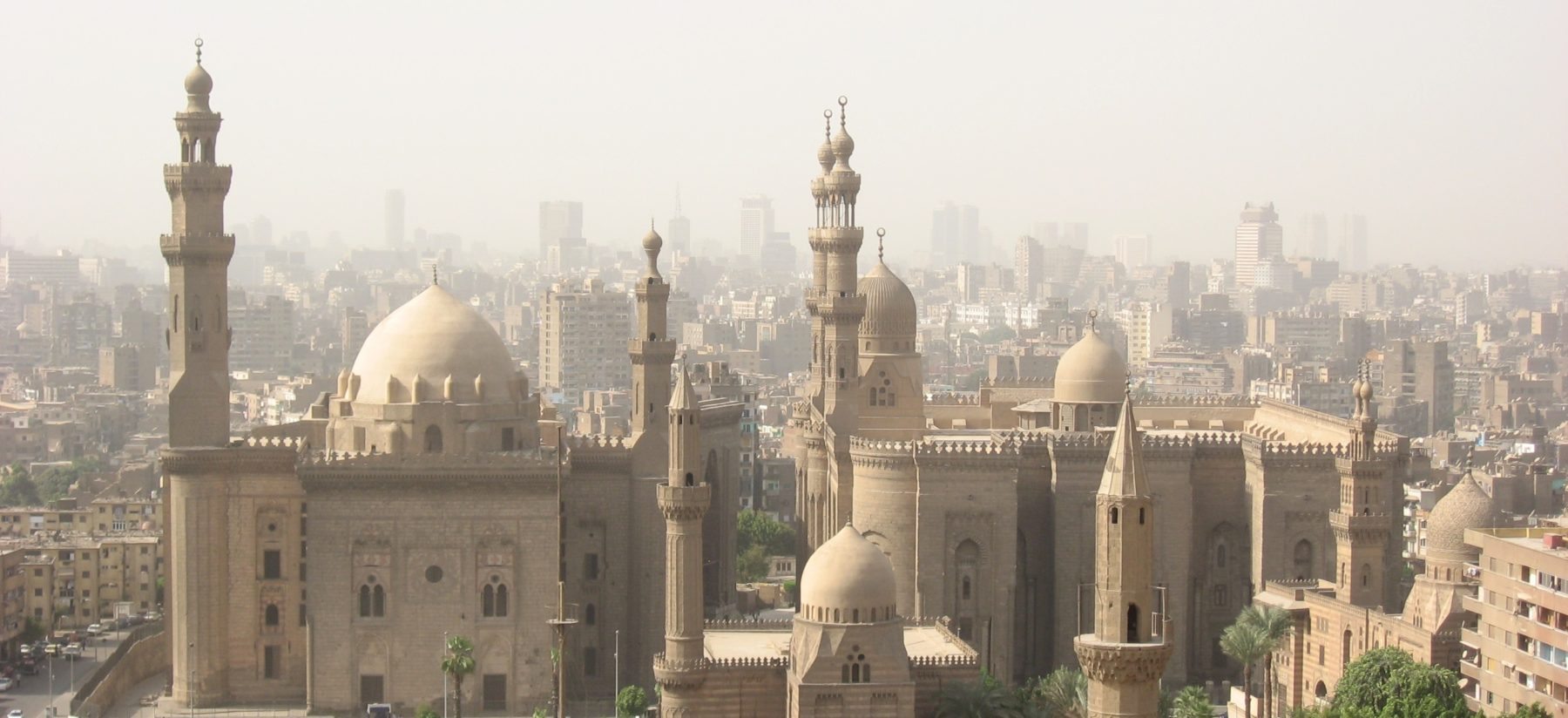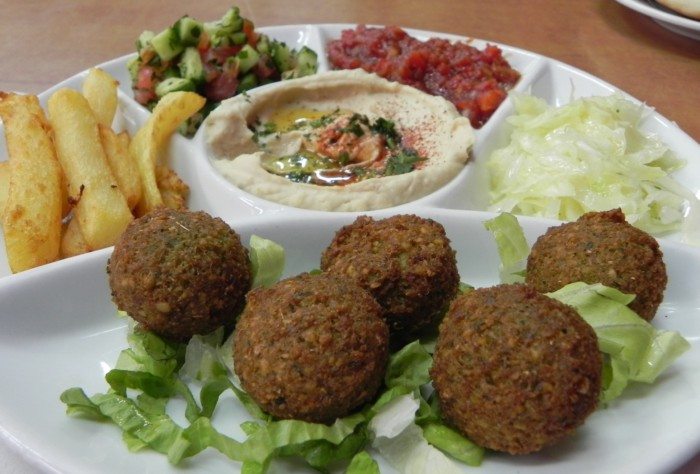A Student Guide to Middle Eastern Travel
The Middle East has always been a rather hot region. Historically and meteorologically speaking. Without delving too deep into the matter of politics, the Middle East has an odd capacity to both affront and captivate the Western psyche. Whatever criticism this ‘near Orient’ is subjected to (justified or not) and wherever conflict seems to fire up, the ‘exotic wonder’ of the region has nevertheless endured for travellers.
Firstly, precautions:
Conflict: The Middle East is a region subject to fear and misunderstanding. Not all of it is warranted, but reticence to call the area the number-one destination for western tourists isn’t misplaced. Even supposedly ‘safer’ tourist spots such as Egypt have been targets of terrorist violence in past years. At the time of writing, the Foreign and Commonwealth office advises against all travel to Iraq and Syria, and suggests avoiding all but non-essential travel in swathes of the region. Now we can subvert Boris’ rules a bit – but my disclaimer here is to take their advice at least into account and read up on your destination beforehand. The FCO tends to err on the side of caution, but if you find a trustworthy local guide they can help you navigate safely and give you an enriching travel experience.
Health: Travel health is an important matter, and insurance for more dangerous parts of the Middle East is dearer. Public Health England recommends a modest list of jabs (Hep A&B & Typhoid, as well as Cholera & Rabies in some parts), to make up for patchy healthcare provision. Tap water should be avoided in most cases, and lower-end street food (at best delicious, satisfying and cheap) should be treated with caution – for your bowels’ sake. Taking a few digestion tablets would not go amiss. Alcohol, not as a matter of health so much as custom, is restricted in more conservative regions. Sorry sesh-heads.
Women & LGBT+: Should not be put off from travelling the region. Customs and attitudes differ greatly among the area’s diverse countries. Not being a woman or LGBT+, I’m understandably a little inexperienced, but the general consensus from better-experienced travellers online (sorry for the cop-out) suggests that solo female travel is much easier in larger, more ‘liberal’ cities. Amman, Tel Aviv, Beirut and Ankara are recommend as both women and gay-friendly. Not everywhere is a Saudi Arabia, but in most cases, women are advised to travel with a male partner, to wear (or at least carry) modest clothing, and to be aware of gender segregation in some public spaces. But play it by ear, as certain countries are stricter than others.
The positives:
Food: One of the contenders for the title of ‘Cradle of Civilisation’, the Middle East is the home to three major world religions (no prizes for guessing which), and some of humanity’s most impressive civilisations. Babylonians, Mesopotamia, the Caliphates, the Ottomans… This corner of the world is teeming with history and culture at every step. It is this location at the crossroads of Europe, Asia and Africa that endows it with a rich culinary tradition. You don’t have to travel to get good hummus, falafel or pita – so ingrained they are into our palates at home – but I guarantee you’ll find the best a few thousand miles from the aisles of your local Tesco. Vegetarians and Vegans needn’t fear either! Though Lamb forms the basis of many meat dishes (honourable mentions to the versatile kofta), mezze platters abound making creative and colourful use of non-meat ingredients. In fact, CNN touted Jordan as one of the world’s top 10 vegetarian destinations! So that’s food for thought.
Culture: I could talk history too, but you’d be reading a much larger (and more complicated) article than this one. Suffice to say, millions descend on its great cities, new and ancient – understandably not so much in Ur, Damascus and Aleppo these days. They are among the former beacons of the most impressive philosophy, science and learning in the world. But for all the besieged and downtrodden lands closed to us, many more remain open and welcoming, with vibrant cultures awaiting our exploration, curiosity and amazement. I enjoyed a magical family trip to Egypt in the months after September 11, 2001. When few would recommend setting foot in the region, Cairo was an open playground of fascinating museums and wondrous monuments devoid of the usual tourist hordes. Charming and enthusiastic guides flocked to us to help show off the best side of their country amidst demonisation and understandable tourist fear. But at its heart, a culture is nothing without the people that make it, and many people in the Middle East are as earthy and warm as they come. Let that guide your travel instincts above all else.


Comments